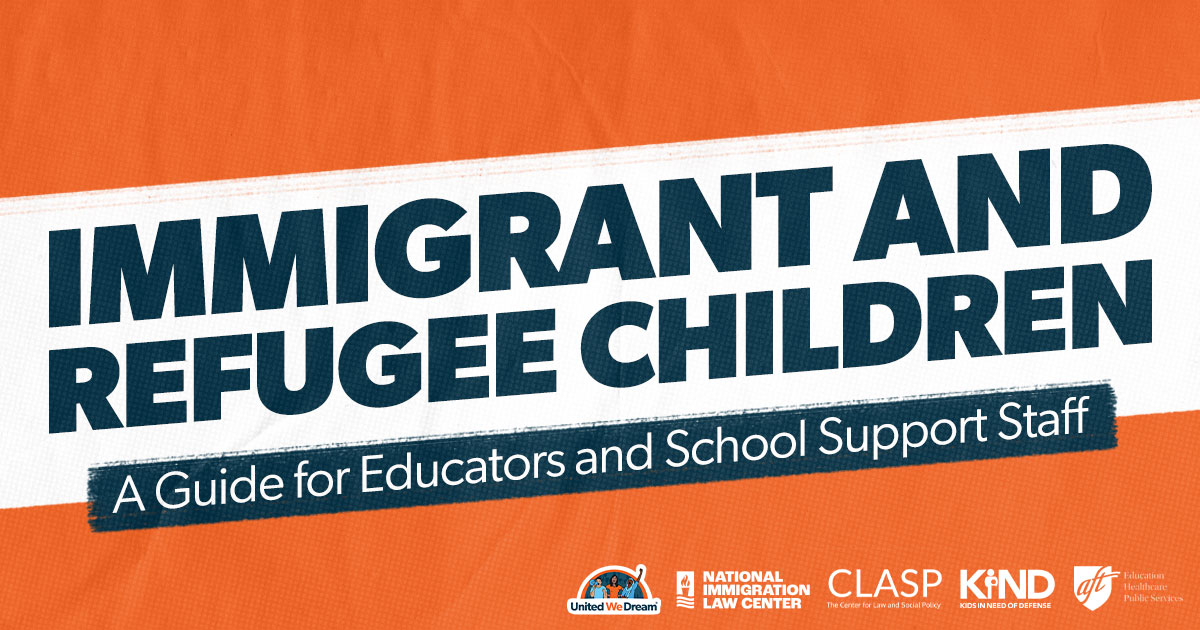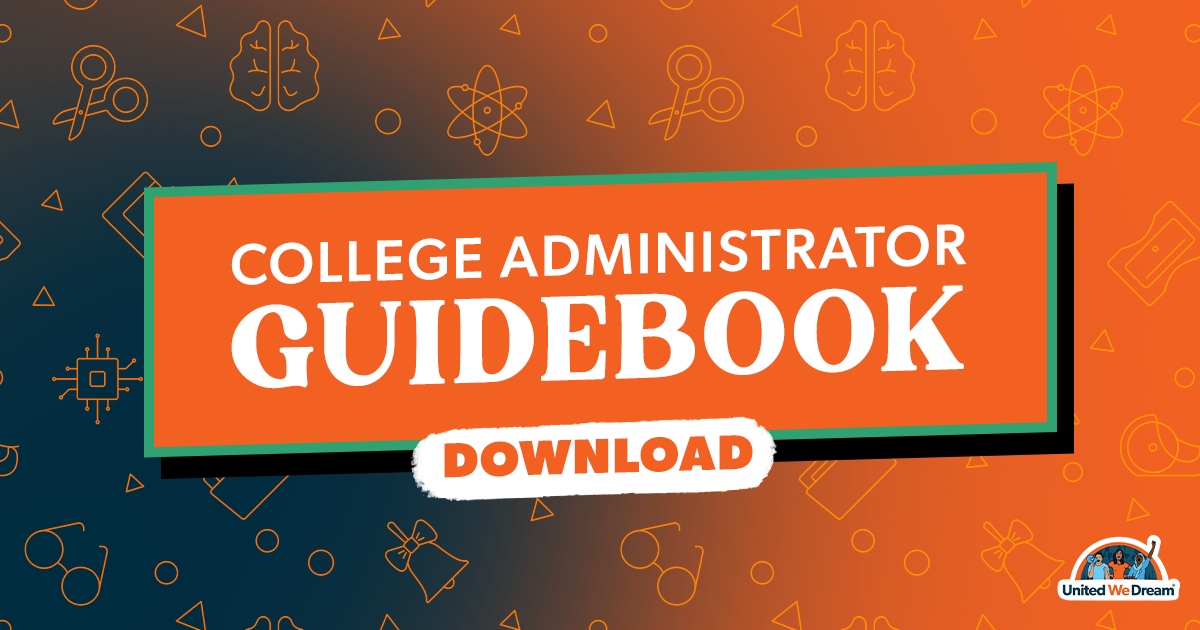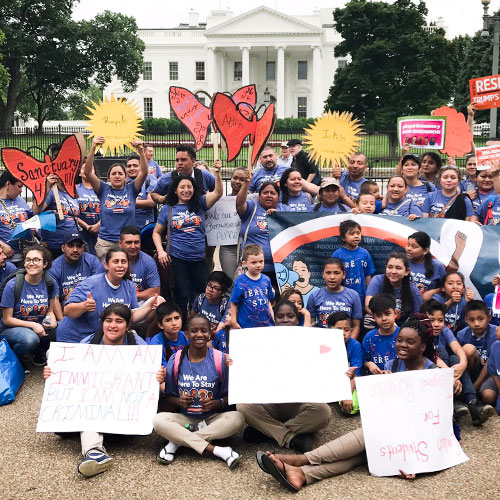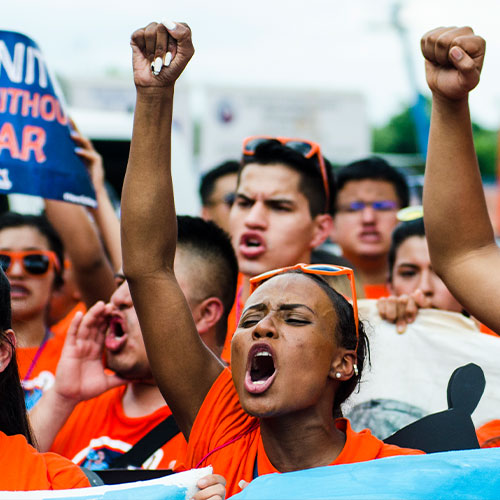Are you a college administrator? Do you want to support undocumented students in your schools? Student activists and immigrant organizations have been key leaders in pushing for immigration reform, and in challenging colleges and universities to do more to support undocumented and DACAmented students, but there is so much more that we can do!
Here are 5 action steps that we on college campuses can take now.
1) Listen & Learn
Undocumented students are the experts on their experiences and the challenges they are facing. Learn from their narratives, whether recounted first-hand on your campus, or in compilations such as We ARE Americans by higher education scholar, Will Perez, or reports, such as Dreamers at Cal, a 2015 report by the International Human Rights Clinic at UC Berkeley. Recognize that the experiences of immigrant students are heterogeneous and are impacted by factors such as country of origin, state and local immigration-related policies, the type of higher education institution they attend, the types of immigration relief they are eligible for, as well as other aspects of their identity including race, class, gender, gender identity, and sexual orientation.
2) Be Visible
Protecting student privacy is essential, but your active support is now critical. Institutional leaders need to proactively recognize and respond to the needs of undocumented and DACAmented students on their campuses, as well for students whose parents or other family members are undocumented. Let students know you are an ally by actively welcoming these students on your websites; calling out your support for student groups, mentoring, as well as through targeted support services. The University of California system and individual campuses have created some excellent resources, and your college can put out a clear welcome on their admissions page. Check out Pomona College’s admissions website.
3) Train, Train, Train
Implement training for staff, faculty, and student leaders on how to support undocumented students. United We Dream has an excellent institutional toolkit and training, and the Department of Education has also issued a Resource Guide for educators and institutions so that they can better support undocumented students at the college level. Students at my campus have asked for trainings across campus, from student RAs to faculty and academic advisors, and for staff across Student Affairs, Study Abroad, Financial Aid, Career Development, and more. Training is one of many steps toward shaping a campus climate that respects the experiences and values the contributions of students regardless of immigration status
4) Rules Matter
Ask your offices to work with students to review their policies and procedures for unintentional barriers and obstacles.
For example, commitment #25 on NICOD’s toolkit touches on study abroad. Study abroad offices may need to implement new procedures to help DACAmented students, who must apply for Advance Parole in order to go on study abroad programs. Are there scholarship programs whose eligibility rests on students being citizens or legal permanent residents? Could that be changed to include DACA-eligible students, or students who are eligible for in-state tuition, or students who are graduates of U.S. high schools?
Does your bookstore rental program or other campus programs rely on students providing a state-issued ID rather than your college ID? If so, consider changing it. Does your career development center know that undocumented students may be able to work as independent contractors off campus, or receive fellowship funding? Career development offices may also be able to provide financial literacy training that covers anything from filing taxes for the first time for students who don’t know what to do with 1098T forms to post-graduation guidance for undocumented and DACAmented students to enter the workforce or pursue professional or graduate degrees.
Many private colleges and universities classify undocumented and DACAmented applicants and students as international students for the purposes of admission and institutional financial aid. This significantly increases the bar for admission, and diminishes access to any institutional financial aid. One of the first steps that we can take as educators and college leaders is to recognize that undocumented students are part of the fabric and future of American society. While undocumented students do not have access to federal grants or loans, we must commit to working to identify institutional and other sources of financial assistance.
Rules, procedures and processes can be changed — and, you won’t know until you ask.
5) Think Broadly
Immigration reform is a higher education issue, and not just the policies related to undocumented students. Supporting the educational access, success, and future pathways of first-and second-generation immigrant students, including undocumented students, U.S.-born students who live in mixed immigrant status families, as well as international students who wish to stay and work in the United States, is in higher education’s best interests.









